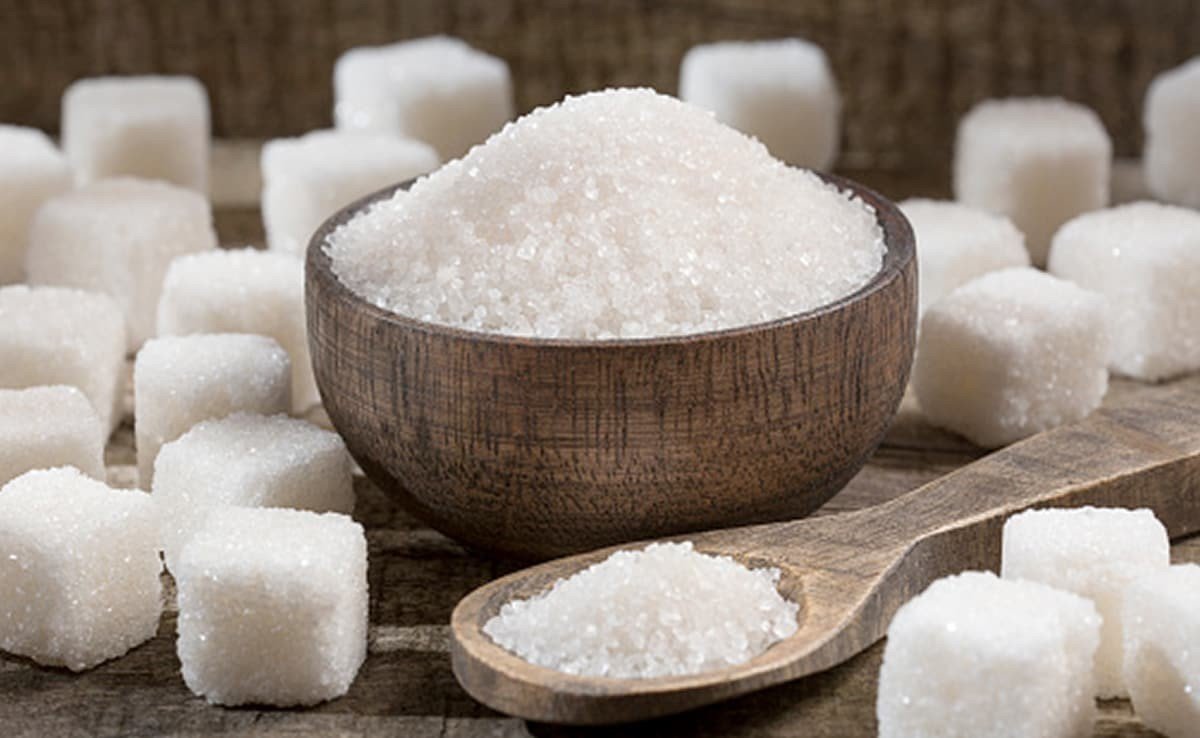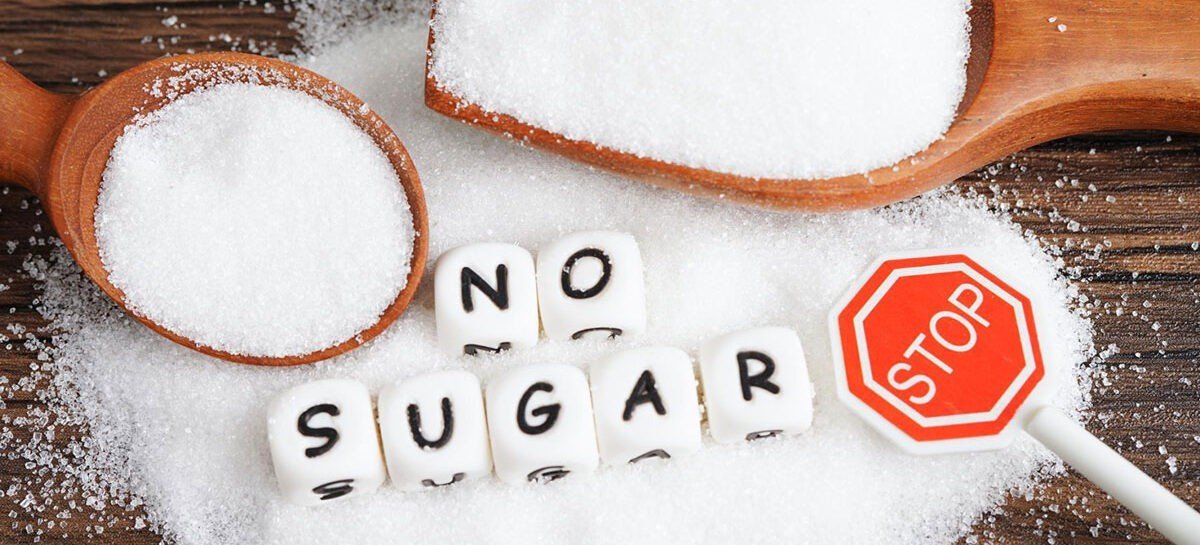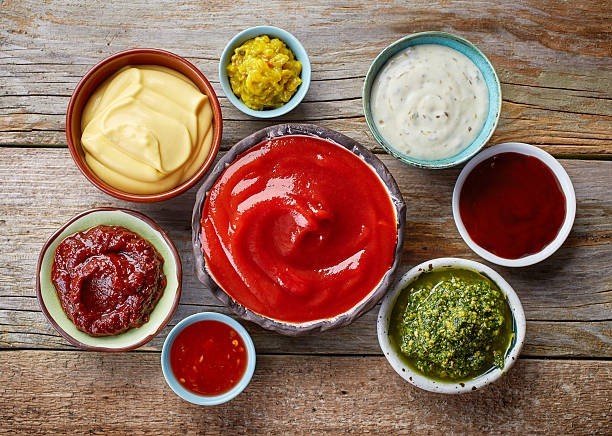Now Reading: How to Reduce Sugar in Daily Life: A Practical Guide for a Healthier You
-
01
How to Reduce Sugar in Daily Life: A Practical Guide for a Healthier You
How to Reduce Sugar in Daily Life: A Practical Guide for a Healthier You

Sugar is an inevitable constituent of our everyday food in the modern world, where everything moves at a breakneck pace. Sugar is added to foods where you would least suspect it; morning cereals, mid- day snacks, as well as savoury dishes all contain sugar in some quantity. Although a moderate amount of sugar is not harmful, large amounts of it may cause severe health consequences, including obesity, type 2 diabetes, heart disease, and even tooth decay. But the best news is – it is doable to cut on sugar in your everyday life and not feel like you are being deprived. In this guide, you will learn how, in a sustainable and practical manner, to reduce the amount of sugar you consume and enjoy a healthier and more vibrant life..
Why Is Reducing Sugar Important?

But why? Before we get into the how, let us get into why. Added sugars have no nutrients and are referred to as empty calories. Added sugar causes a spike in blood glucose, followed by a crash in energy and is often followed by a sugar craving, creating a vicious circle. According to the American Heart Association, women should not exceed 6 teaspoons (25 grams) of added sugar per day, and men 9 teaspoons (38 grams). Still, most people eat much more than that without knowing.
1. Start by Reading Food Labels

One of the most important steps to reducing sugar is reading labels. Sugar hides under many names, such as:
- High fructose corn syrup
- Sucrose
- Glucose
- Dextrose
- Maltose
- Cane juice
- Corn syrup solids
When one of the first three ingredients is sugar, it is better to pick a different product. Be also wary of food that is advertised as being low-fat or fat-free, since this is usually compensated by adding additional sugar to make it tastier.
Pro Tip: Added sugar is a big problem in sugary drinks, such as soda, energy drinks, flavoured lattes, and even fruit juices. One can of soda may have as much as 10 teaspoons of sugar!
2. Cut Back on Sugary Drinks
Added sugar is a big problem in sugary drinks, such as soda, energy drinks, flavoured lattes, and even fruit juices. One can of soda may have as much as 10 teaspoons of sugar!
Alternatives:
- Try unsweetened tea or black coffee
- Switch to water infused with fruits (like lemon, cucumber, or berries)
- Opt for sparkling water if you crave fizz

Cut Back on Sugary Drinks
If you want to eliminate sugar in your tea and coffee, do it gradually rather than abruptly. Your taste buds will adapt with time.
3. Eat Whole Fruits Instead of Juices
Natural sugars are found in whole fruits; however, they are also accompanied by fibre, vitamins and minerals, which reduce the rate of sugar absorption and leave you with a satisfied feeling. Conversely, fruit juices tend to remove fibre and sugar concentrate.

Eat Whole Fruits Instead of Juices
For example:
- One orange = about 12g of natural sugar
- One glass of orange juice = 20-25g of sugar
Go for the whole fruit, and when you must have juice, drink only a small amount (4 oz) and add water to it, if you can.
4. Avoid Sugary Breakfast Cereals
Most of the well-known healthy breakfast cereals contain a massive amount of sugar. Flavored oatmeal packets, children’s cereals and granolas usually have more sugar than a dessert.

Avoid Sugary Breakfast Cereals
Better choices:
- Homemade oatmeal can be made and sweetened with banana or cinnamon
- Unsweetened Greek yoghurt, with fresh fruits and nuts, is a better choice
- Try whole grain toast with avocado or egg
You’ll feel fuller longer and avoid the mid-morning sugar crash.
5. Swap Sweet Snacks for Healthier Options
A frequent place where sugar creeps into your diet is snacking. Sugar traps include granola bars, cookies, muffins, and flavoured yoghurts.
Smart swaps:
- Nuts and seeds (unsalted)
- Hummus with veggie sticks
- Hard-boiled eggs
- Plain popcorn
- Dark chocolate (70% cocoa or more) in moderation

Swap Sweet Snacks for Healthier Options
These options satisfy hunger and keep your energy levels stable.
6. Be Cautious of Sauces and Condiments
You would never guess it, but ketchup, barbecue sauce, salad dressings, and pasta sauces might have a lot of added sugar in them.

Be Cautious of Sauces and Condiments
What to do:
- Low-sugar or sugar-free condiments
- Prepare your sauces at home with fresh ingredients
- Take olive oil and lemon juice as a dressing for the salad
This small change can significantly reduce your sugar intake over time.
7. Cook More at Home
With home-cooked meals, you have full control of the ingredients that are being used. Sugar is also commonly used in restaurant and carry-out meals in sauces, marinades and even soups.

Cook More at Home
Cooking at home allows you to:
- Choose fresh, whole ingredients
- Skip added sugars
- Experiment with herbs and spices for flavour instead of relying on sugar
Start simple with stir-fries, soups, or grilled dishes, and gradually build your cooking confidence.
8. Reduce Dessert Frequency
It does not mean that you have to eliminate desserts, only have them less often and in a smaller amount. Make dessert a once-in-a-while treat, rather than an everyday affair.

Reduce Dessert Frequency
Alternatives:
- Fruit salad with a dollop of yoghurt
- Frozen banana bites dipped in dzrk chocolate
- Baked apples with cinnamon and oats
This way, by having sweet delicacies in moderation, they will feel more like a treat and will not undermine your health plan.
9. Gradually Wean Off Sugar
When you quit sugar cold turkey, you may feel cravings, mood swings and fatigue. It is better to decrease it over time.

Gradually Wean Off Sugar
Start by:
- Reducing sugar in coffee/tea by 50 per
- Opting for plain yoghurt over flavoured
- Substituting a single sugary snack every day with a healthier choice These small steps will build up into lasting habits.
10. Mind Your Mindset
It is not about restriction, reducing sugar is about freedom, freedom from cravings and freedom from health. Next time, say I choose not to have that rather than I can not have that.

Mind Your Mindset
Celebrate small wins:
- Drinking water instead of soda
- Choosing fruit over cake
- Skipping the dessert buffet
Again, remind yourself of the reason you are doing this: more energy, clearer skin, weight loss, or just better health.
Final Thoughts
Cutting sugar in our lives is not a diet, but a change in lifestyle. It gets easier with time, awareness, preparation and the right choices. It is not required that you be perfect. Shoot, not to be perfect, strive to improve. You can make improvements in your health and well-being with just a little change.
You can control the amount of sugar you consume today, and your body will reward you tomorrow.



























